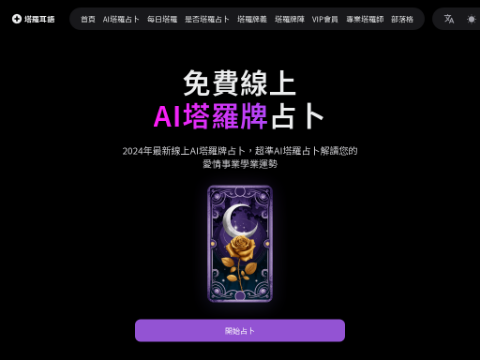Assessment of Artificial Intelligence: Coexistence of Benefits and Risks
Dr. Natalia Stakhanova, a security researcher, focuses her research on practical security solutions for everyday problems. As the public continues to show interest in and apply artificial intelligence (AI) to daily life, Stakhanova emphasizes the importance of recognizing that AI technology has been around for a long time. It has now become integrated into our daily lives, although it is not always acknowledged.
Stakhanova states, "For example, AI is often used in telephone support for banks, where it can help navigate various options and provide the desired answers. Cases like this represent simple uses of AI."
AI has also faced scrutiny in the field of cybersecurity due to its wide-ranging applications that can potentially lead to cybercrime. With the proliferation of digital products that store personal and financial information, such as social media platforms, data collection and utilization have become increasingly threatening. In this world, the security and understanding of AI are crucial in eliminating fears associated with its use.
Stakhanova explains, "From a security perspective, there are two ways to look at AI. On one hand, AI seems to be able to utilize data and users more effectively. However, on the other hand, AI has great potential in defense."
When people store data through social media accounts, the data is stored in the company's computer systems, most of which are secure. However, these computer systems are not immune to clever hacker attacks that can compromise data security.
If AI can be used to find ways to attack security systems, it should also be able to provide individuals or companies with a means to test and protect the security of their computer systems.
"The question is, how effective is your defense against AI?" she asks. "I can imagine a future where we use AI to attack and defend systems, completely excluding humans from this task."
Stakhanova believes that the ability of AI to build and test secure systems is good news for those committed to creating a safer cyberspace. In this field, important data and information are exchanged billions of times every day on Earth.
She says, "For some reason, we tend to consider negative factors, but we should also consider positive factors. If cybercriminals use AI for attacks, defenders can also use it to continuously test the security of their systems. This provides us with a significant advantage, allowing us to test on a scale that is impossible for humans and to test threats that may seem impractical now but could become quite real in the near future."
Although AI can bring benefits such as information search, coherent communication, code creation, rapid data analysis, there are limitations to its usefulness and reliability when using AI tools.
There are many concerns about introducing AI capabilities in workplaces, schools, and other areas that may change work structures and workflows.
She says, "This is understandable. Currently, regulations regarding AI are almost nonexistent. Despite its limitations, the rise of AI is an innovation that Stakhanova believes is worth accepting. She says, "I believe the proliferation of AI will continue and may happen faster than we hope."
Stakhanova has been dedicated to creating educational resources on cybersecurity and maintaining online safety for young people. In her view, cybersecurity is an important subject that children growing up in a digital world need to learn.
The next important step will be to develop security guidelines and recommendations around AI and its use to help protect people and provide as much guidance as possible.
"Having a conversation about AI is a good first step, but our regulations have always lagged behind technological advancements. (Using) AI will bring us tremendous benefits, but without control, it can also be destructive."








